Remdesivir, an anti-viral agent known to be effective against MERS, is already in human trials as researchers search for a treatment for COVID-19.


Remdesivir, an anti-viral agent known to be effective against MERS, is already in human trials as researchers search for a treatment for COVID-19.
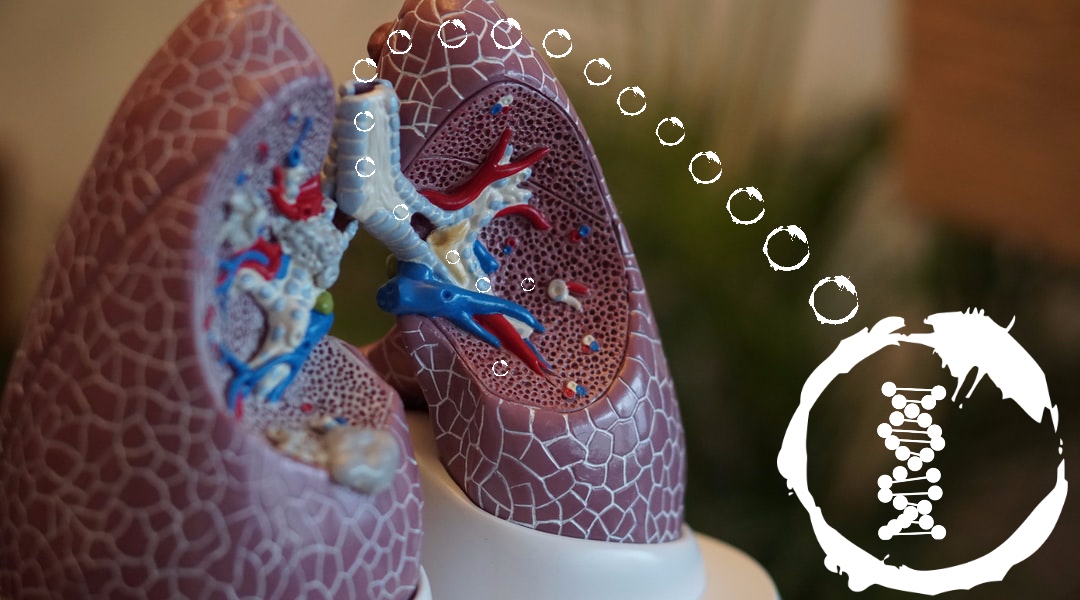
A nanocarrier that can deliver siRNA into the lungs is investigated for the treatment of severe asthma and other lung diseases.
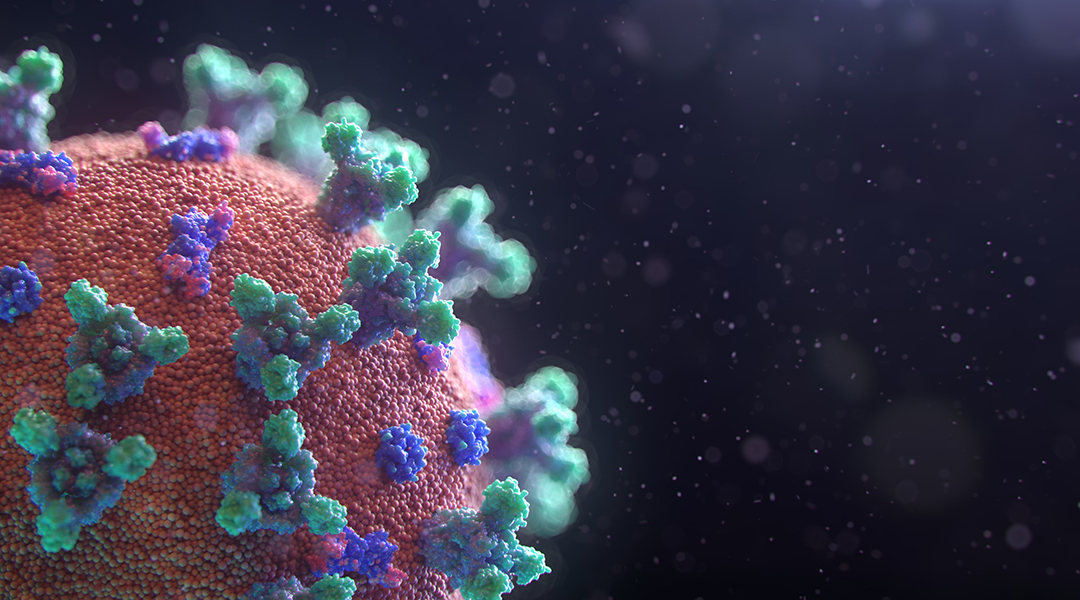
RNA elements that are found in the genomes of numerous representatives within the same virus family provide new opportunities to expand the repertoire of targets for the development of antiviral therapy.

A blackboard of therapeutic innovation: Researchers seek to understand how antisense oligonucleotides can “erase” disorders.
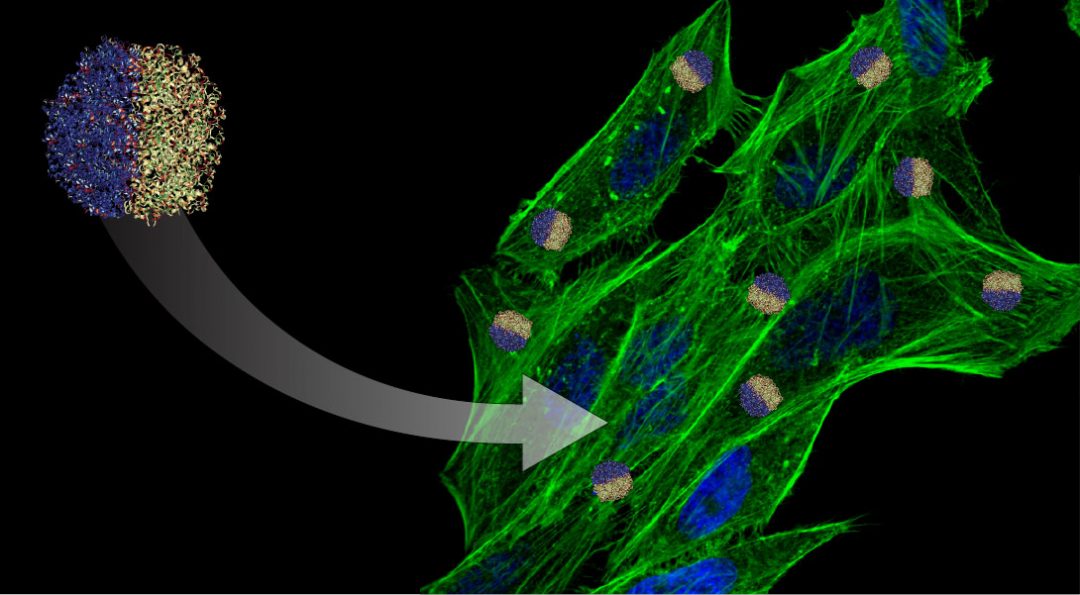
The Lahann Lab at the University of Michigan discusses how nanomedicine benefits by bridging biology, engineering, and materials.

Exploring advances in extracellular vesicles research made in the last ten-years and how its leading to better clinical applications.
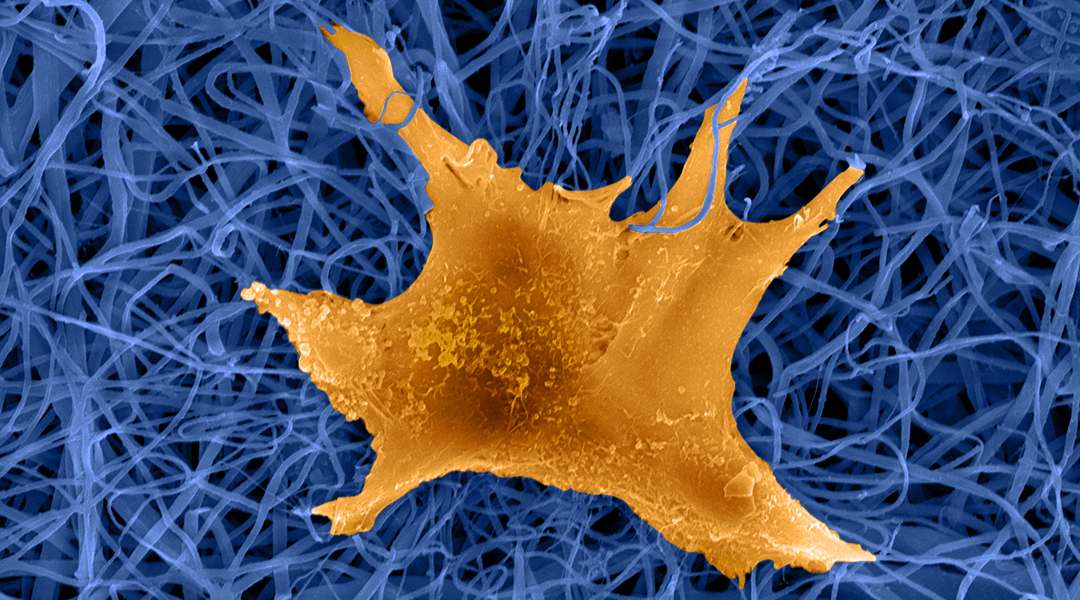
Electrospinning is an emerging fabrication technology that holds great promise in advancing skin tissue engineering and in developing an array of novel therapies.
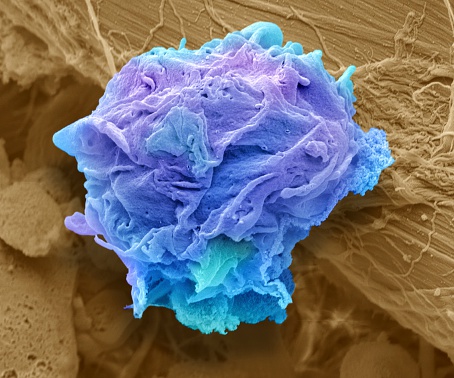
One drug, three modes of action: Clinicians combat the drug resistances of some cancer types by using a combination of different drugs.

Researchers from Freie Universität Berlin explore the impact of 3D pharmacophores on drug discovery, as well as recent developments in the field.

Archimedean spirals for flexible heat actuator-sensor devices.